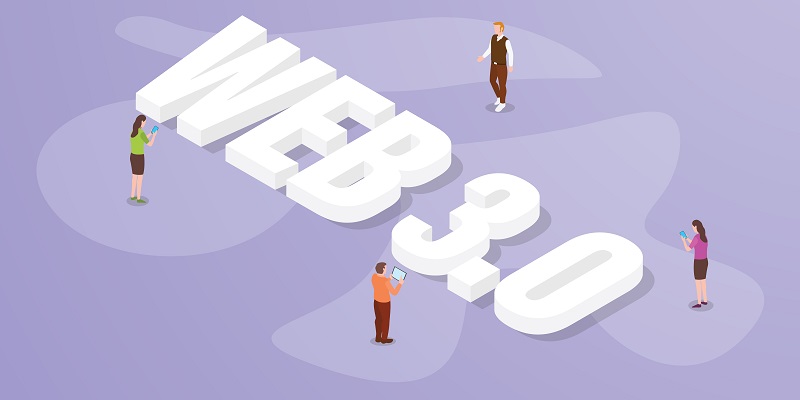Over the last few years, we have witnessed the emergence of two incredible technologies that have quickly gained worldwide prominence with limitless potential – artificial intelligence and Web3. Both of these technologies are powerful forces that have the capacity to transform industries and revolutionize the way humans interact with machines.
The Power of AI and Web3
When AI and Web3 technologies converge, they create a powerful synergy that holds immense potential. AI has already revolutionized the way we live and work, enabling machines to learn, reason, and make decisions like humans. On the other hand, Web3, decentralized and built on blockchain technology, promises increased data security and privacy, empowering individuals with control over their data.
Democratizing AI
In a decentralized setting, AI can operate without being controlled by a single entity that adjusts it for selfish monetary gain. Instead, AI can become democratized, creating community-driven AI models and tools that anyone can use for their benefit. This opens up opportunities for collaboration, diverse perspectives, and collective intelligence to enhance AI capabilities.
Personalized Experiences and Privacy
With user permission, AI models could access personal data to provide personalized experiences without compromising privacy. By leveraging Web3 technologies, individuals can retain ownership and control of their data, granting access to AI models only for specific purposes and with clear consent. This ensures that AI-driven personalization remains ethical, transparent, and respects user privacy.
Unbiased Decision Making
AI-driven smart contracts can make unbiased decisions based on specific parameters that are defined before signing. By implementing AI within smart contracts on decentralized networks, the possibility of human bias or a central authority interfering in the decision-making process is reduced. This promotes fairness and transparency in various applications, such as supply chain management, dispute resolution, and financial transactions.
Community Rewards and Innovation
One of the remarkable aspects of Web3 technology is its potential to reward contributors directly. With AI integrated into decentralized networks, AI developers can also be rewarded directly for their contributions by the online community. This promotes innovation and helps reimburse open-source software developers for their time and dedication, fostering a vibrant ecosystem of collaboration and continuous improvement.
Resource and Cost Challenges
Running AI models on decentralized networks—especially blockchain-based networks—can be very resource-intensive and expensive, potentially requiring significant computational power. However, advancements in distributed computing and the emergence of specialized hardware can help alleviate these challenges. Additionally, collaborations between AI and Web3 projects can optimize resource utilization and minimize costs, making decentralized AI more accessible and sustainable.
Data Security and Privacy Challenges
One of the main promises of Web3 is increased data security and privacy, which means decentralized AI apps will need to ensure that data remains safe during processing. Technologies such as homomorphic encryption, federated learning, and zero-knowledge proofs can play a crucial role in preserving data integrity and confidentiality. By incorporating these solutions, decentralized AI can maintain user trust and deliver secure AI-powered applications.
Data Limitations and Effective Learning
Since AI systems process massive amounts of data every second, and they only have access to data given with explicit permission, the datasets themselves might be too small for the AI to learn effectively. However, innovative techniques like transfer learning and synthetic data generation can help overcome this limitation. By leveraging existing AI models trained on larger datasets and generating synthetic data to augment training, decentralized AI can continue to improve and generalize effectively.
The Future of Web3 and AI Integration
The combination of Web3 and AI would be a huge leap in the digital revolution. As Web3 technologies evolve and become more scalable, efficient, and user-friendly, integrating AI will further amplify their impact. We can envision a future where every individual has access to powerful AI tools, shaping their own experiences, solving complex problems, and advancing human knowledge collectively.
The rise of artificial intelligence and Web3 technologies has ushered in an era of immense possibilities. By democratizing AI, ensuring data security and privacy, promoting unbiased decision-making, incentivizing community contributions, and overcoming resource and data limitations, the integration of AI and Web3 can truly reshape industries, redefine human-machine interactions, and unlock unprecedented potential for innovation and progress. As we navigate this exciting landscape, it is crucial to strike a balance between technological advancement and ethical considerations, ensuring that the benefits of AI and Web3 technologies are shared by all and used to create a better future for humanity.

